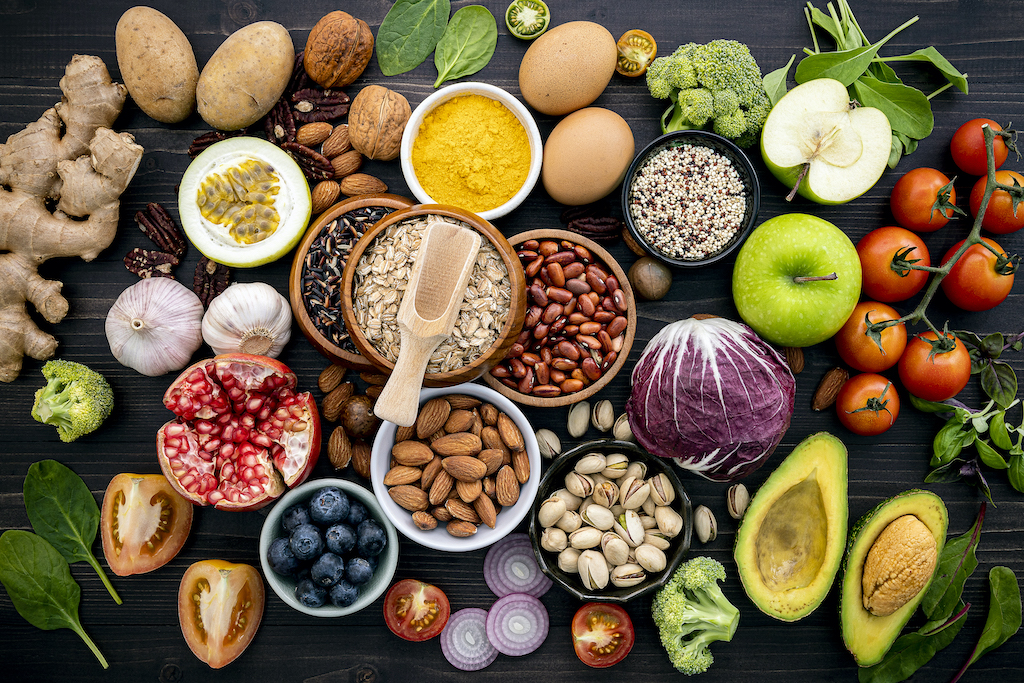
Eating a predominantly organic diet has been linked to a variety of health benefits. However, it can be difficult to know where to start.
Thankfully, there are several easy ways to incorporate more organic foods into your meals. From planning your weekly menu to reading nutrition labels, here are some tips for making a transition.
Incorporate more organic foods into your meals.
If you are eating an organic diet, incorporating more organic foods into your meals can be very beneficial to your health. This will help ensure that you are getting all the nutrients that you need from your food, without consuming pesticides or other harmful chemicals.
There are a few ways to incorporate more organic foods into your meals. First, choose foods that are in season and fresh.
For example, if you can purchase produce that is in season, you’ll have better chances of avoiding pesticides that are commonly found on produce that has traveled a long way and been refrigerated.
You can also incorporate more organic foods into your meals by preparing them yourself at home. This is a great way to save money and make sure that you are eating a healthy diet.
If you are eating in a restaurant, choose to order food that is organic as much as possible. You can also check with your server to see if they use organic ingredients.
Eat a balanced diet.
Eating a balanced diet provides you with the essential nutrients that your body needs to maintain good health. It also helps you maintain a healthy weight and reduces your risk of chronic diseases such as cancer, heart disease and diabetes.
A balanced diet should include a variety of foods, such as vegetables, fruits, grains, lean proteins, dairy and healthy fats. The amount of each nutrient in your diet will depend on your lifestyle and the type of food you eat.
Organically grown vegetables have higher levels of vitamins, minerals, and antioxidants than conventionally grown vegetables. These include Vitamin C, iron, magnesium and phosphorus.
However, there is not enough evidence to suggest that eating a diet high in organically grown foods will improve your health. And, in most cases, the difference in nutrient content between organic and non-organic products is minimal.
Eat at certain times of the day.
When you consume a predominantly organic diet, it can help improve your health and well-being in many ways. For instance, eating organic foods reduces your risk of developing diseases like cancer and heart disease.
Eating an organic diet can also eliminate toxins from your body, including pesticides and heavy metals. These toxins can have a negative effect on your mental health, as well as your immune system and the ability to fight off infections.
The best way to avoid these toxins is to eat a wide variety of fruits, vegetables, whole grains, and lean protein foods. Consuming these foods will give you the energy you need to feel good and stay healthy.
When you’re making your grocery list, try to prioritize buying non-packaged foods. This can save you money week after week.
Eat organic meats.
When it comes to a healthy diet, eating organic meat is one of the most important things you can do. It can improve your health and protect the environment, too.
Buying organic means the meat comes from livestock that are raised without routine antibiotics, hormones and feed supplements. They also graze on pastures rather than spending their lives in feedlots or cages.
Some people choose to eat organic meat because they think it is more nutritious. While this is true, it's not always the case.
Another reason many people opt to buy organic is because they are concerned about the environmental impact of conventional farming practices. Chemicals used in organic farming have fewer negative effects on the environment, and residues are less likely to get into your food.
Frequently Asked Questions
What are organic beauty products?
Organic Beauty Products do not contain synthetic chemicals like petroleum, parabens or phenoxyethanol. They are made from natural ingredients and don't contain artificial preservatives. These ingredients are present in all conventional beauty products including shampoos and cosmetics.
Organic beauty products do not require animal testing and are free of genetically modified organisms (GMO).
The USDA defines organic as "a system for production that fosters recycling of resources". It has been used over the years to describe foods grown without pesticides.
Because of the damaging effects of chemical substances on our health, there has been an increase in demand for eco friendly beauty products.
These include cancer, allergies and skin irritation.
Organic beauty businesses are committed to providing safe, healthy products that consumers can use while protecting the environment.
What is organic meat?
Organic meat is real food grown without pesticides, artificial fertilizers, or hormones. Organic meat is also a guarantee that the animals weren’t fed any genetically altered feed. This makes it safe for human consumption because there aren't any harmful chemicals in the meat.
Organic meats are healthier for our environment. Organic foods reduce pollution in rivers, lakes and landfills. Organic farmers don't use harmful chemicals to kill birds and insects, which helps wildlife.
Buy organic meats whenever possible. This is the best way for you to eat healthy, organic meats. Buying local helps keep more money circulating within the community rather than going out of state. Local businesses often pass savings on to customers who shop locally. Shopping locally helps to keep American workers employed, as opposed to sending them overseas.
What are some organic skin products?
Organic skincare products contain no synthetic chemicals, including parabens. Phthalates, mineral oil. Petroleum jelly. Propylene glycol. sodium lauryl.sulphate. Talc. triclosan. Titanium dioxide. triethanolamine. vitamin A palmitate.
Organic skincare products do not contain artificial colours, fragrances or preservatives.
They are also formulated to help maintain healthy skin, prevent premature aging, promote healing after injury, and support overall well-being.
These are some of the terms that you will see when you shop for organic products
- Paraben Free - these are a group of chemicals used to keep certain cosmetic products stable, but they can be toxic if consumed in large quantities.
- Fragrance Free - The product is not scented with essential oils.
- Cruelty Free - No animals were injured during the manufacturing process.
- Natural Ingredients - The ingredient is derived naturally from the animal or plant.
- Vegetarian/Vegetarian - All ingredients are vegan or vegetarian.
- Gluten-Free: This is when gluten was eliminated from the formulation.
- Non-Toxic-The product doesn't contain any toxic chemicals, carcinogens, and/or other harmful substances that could be harmful to your health.
- Biodegradable - the product will break down into harmless components when discarded.
- Pesticide-Free – No pesticides were used in the growing or harvesting of crops.
- GMO-Free means that no ingredient in the product contains genetically modified organisms.
- Certified Organic is a certification that the ingredients of the recipe were grown using sustainable methods.
What are organic fruits and vegetables?
Organic foods are free of pesticides and synthetic fertilizers. They also contain more nutrients, such as vitamins A, C, E, and K, plus omega-3 fatty acids. Organic food is better for the earth and our bodies because of these healthy ingredients.
Organic foods are grown using sustainable farming practices that preserve soil quality and encourage biological diversity. They are produced without harmful chemicals, irradiation, or sewage sludge.
Many organic products are not associated with produce. They include dairy and meat, poultry, eggs baked goods, pet food, household cleaning supplies, and personal care products.
The USDA defines organic as crops grown in accordance with strict federal regulations. Non-organic methods cannot be used by farmers to grow these foods. However, they may use approved natural pest control methods, such as crop rotation and cover cropping, and animal feed made from organic materials.
Additionally, the farmer must adhere to guidelines concerning the amount of fertilizer and pesticide that he uses during the growing seasons and how he rotates his fields among various crops. GMOs, artificial growth hormones, synthetic pesticides and synthetic fertilizers are not allowed in the fields of farmers.
Fruits and vegetables labelled "100% organic" meet all the requirements above. But not all farms will label their products 100% organic. That would confuse consumers. Instead, they will say that their product is "made with organic components". "
Why is organic produce important?
Organic produce is vital for our health. It is the best option to ensure that we eat nutritious food. It is healthier for us than any pesticides or fertilizers and it is also more eco-friendly.
Organic farming uses natural methods for growing crops without using harmful chemicals. This results in fewer environmental pollutants and makes organic farming safer. So when you choose organic food, you're helping to protect yourself and the planet.
Organic food has many benefits that go beyond health. We all know how unhealthy processed foods can make us feel. However, organic fruits & vegetables aren’t treated with chemical sprays. This means they are more fresh tasting, last longer and look better.
This is why organic food is so important. Organic food is not only healthier for you but also for the whole world.
Is organic the same as pesticide-free?
Organic food is free from pesticides and chemical fertilizers. This means that organic foods are not subject to chemical pesticides or fertilizers.
Organic produce contains more nutrients and is healthier than conventionally manufactured foods, as it does not contain any harmful additives.
The USDA National Organic Program requires that organic farming practices be followed by farmers.
These guidelines cover soil preparation, crop rotation and pest control. They also include water conservation and harvesting techniques.
Organic farming methods also benefit wildlife and natural environments.
What are the best organic vegetables for you?
Organic vegetables are the most nutritious and healthy food source for humans. They are among the most nutritious foods on Earth.
Organic produce can be grown without the use of pesticides herbicides fungicides and chemical fertilizers. These chemicals pose severe risks to our health and environment.
Organic produce contains more nutrients, vitamins and minerals. Because we absorb these nutrients better from organic foods, this makes them healthier.
Organic vegetables are delicious and safe to eat. Consuming organic produce has no known side effects.
Any grocery store can sell organic fruits and vegetables. They can be labeled organic if they are grown according to USDA guidelines.
Statistics
- Brands participating in this challenge are committed to using 100 percent sustainable cotton by 2025.[5] (en.wikipedia.org)
- Popular clothing brands, like Patagonia, are labelled as organic by using 100 percent organic cotton for many of their styles. (en.wikipedia.org)
- When packaged products indicate they are “made with organic [specific ingredient or food group],” they contain at least 70% organically produced ingredients. (usda.gov)
- Nutrients like omega-3 fatty acids were up to 50 percent higher in organic meats and milk than in conventionally raised products.[3] (en.wikipedia.org)
External Links
ecfr.gov
ams.usda.gov
usda.gov
ewg.org
- EWG's 2022 Buyer's Guide to Pesticides In Produce
- Clean Fifteen(tm). Conventional Produce with the Least Pesticides
How To
Are there any downsides to organic products?
The benefits of organic food are well known. There are however some downsides. These include higher consumer prices, lower quality standards, and fewer choices.
There is nothing wrong with wanting more variety in groceries. We're conditioned to expect low-quality foods that taste bad. This is why grocery stores are stocked with the same prepackaged products.
But today, organic food is becoming increasingly popular because it offers better nutrition and tastes great. So how do you convince people it's worth paying a little extra?
But you could still tell them that organic foods are more expensive. But that doesn't explain why organic food tastes better. They might be suspicious of your motives.
It is better to emphasize its positive aspects. Organic food is more nutritious and has fewer pesticides or antibiotics. Plus, it's grown without synthetic fertilizers and herbicides, which means it's healthier for us and our environment.
Many people turn down organic food simply because it is too costly. But if they think about the health benefits, it may be worth spending a few bucks per week.
Organic food tastes better because it is produced according to strict guidelines. As a result, it tends to retain more vitamins, minerals, and antioxidants.
Organic food tastes better as it is harvested later in season. This makes the food more fresh and easier to digest.
Finally, organic food is generally cheaper because farmers grow it organically, which requires less labour and fertilizer.
Resources:
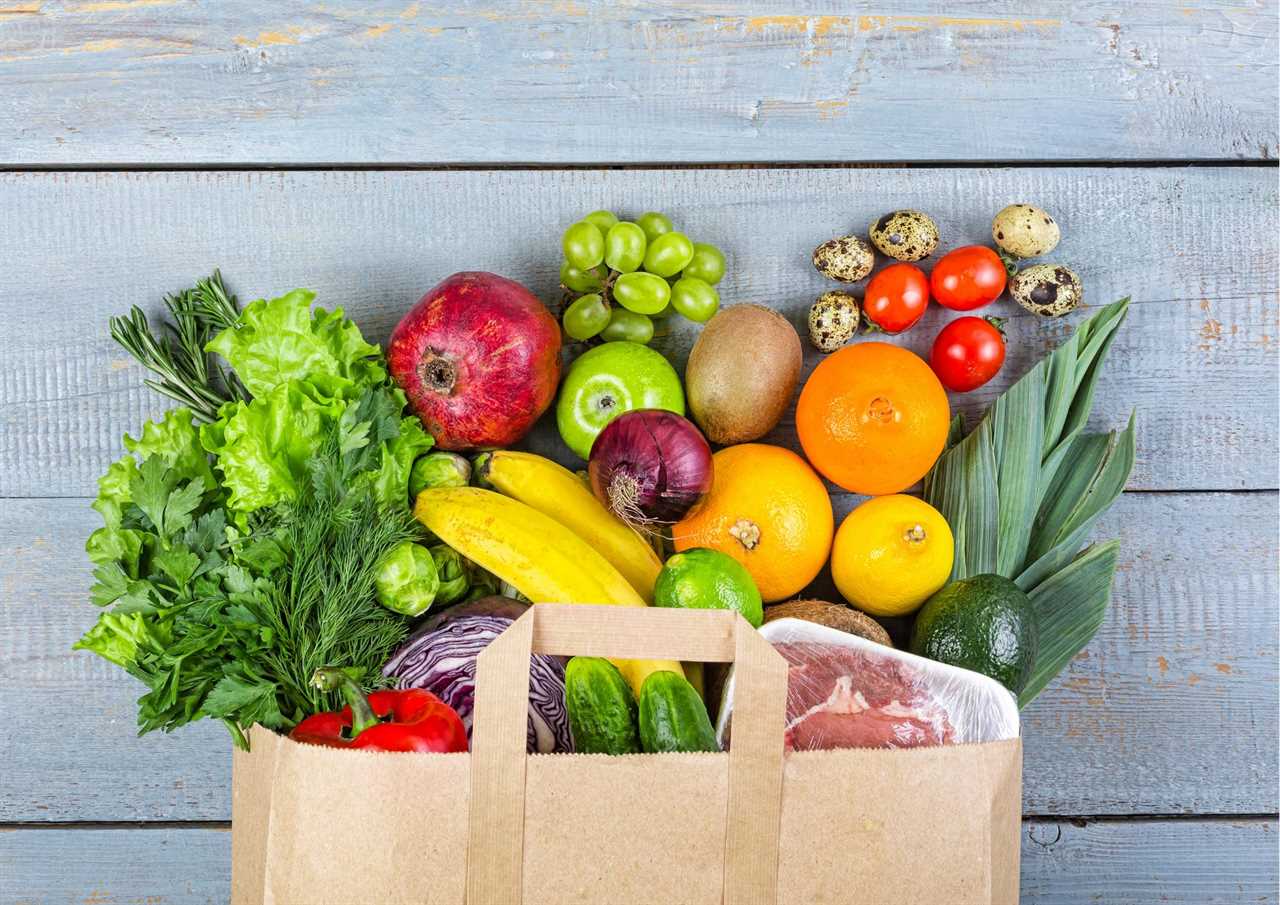 |
Health benefits of eating organic?A review in The Annals of Internal Medicine failed to find strong evidence that organic foods are significantly more nutritious than conventional foods. Lisa |
 |
The Benefits of Crop RotationCrop rotation is a way to grow multiple types of crops in the same space. This is done in an effort to diversify the ecosystem, reduce pest and weed.. |
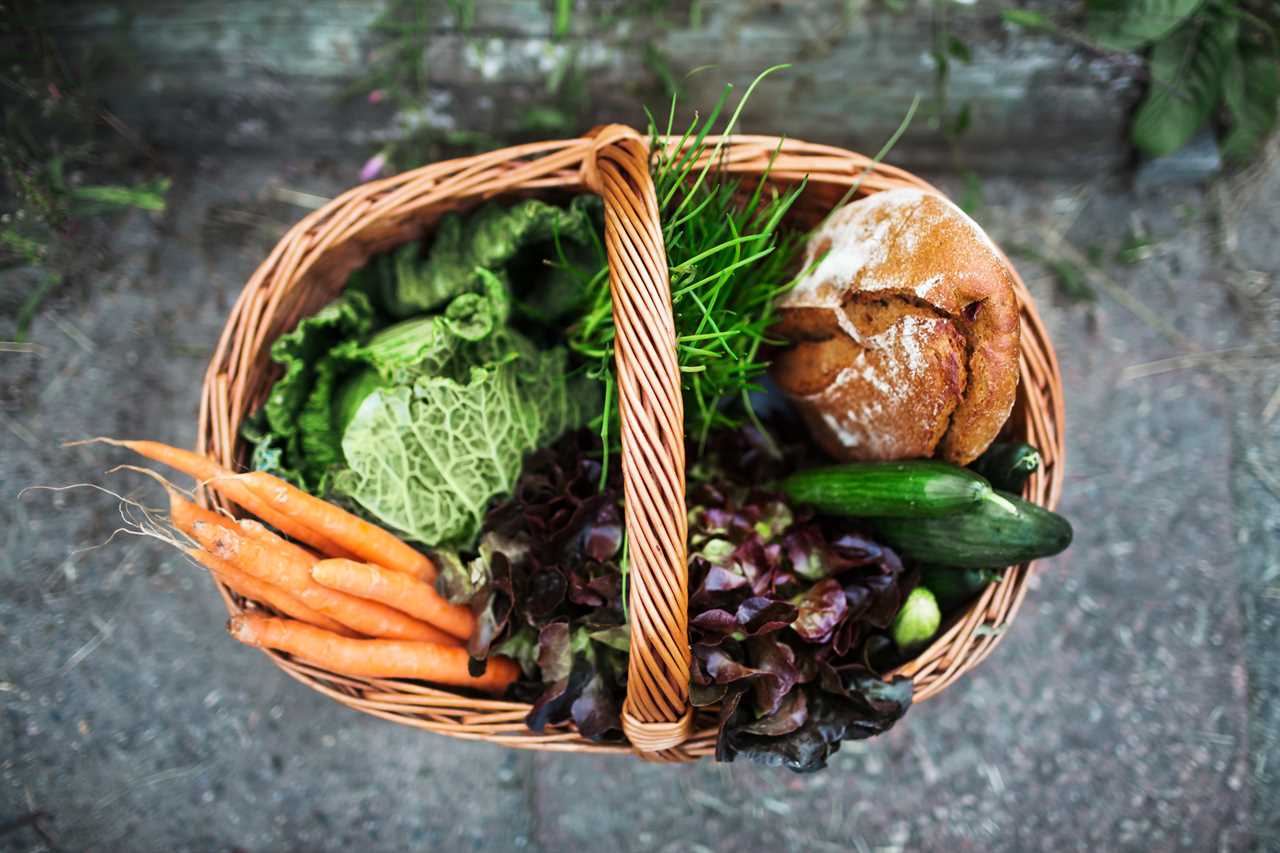 |
Do I Need To Eat 100 % Organic Food? – Dr. BergFor more info on health-related topics, go here: https://bit.ly/2YI8NLc Take Dr. Berg's Free Keto Mini-Course: http://pxlme.me/-i717vtY […] |
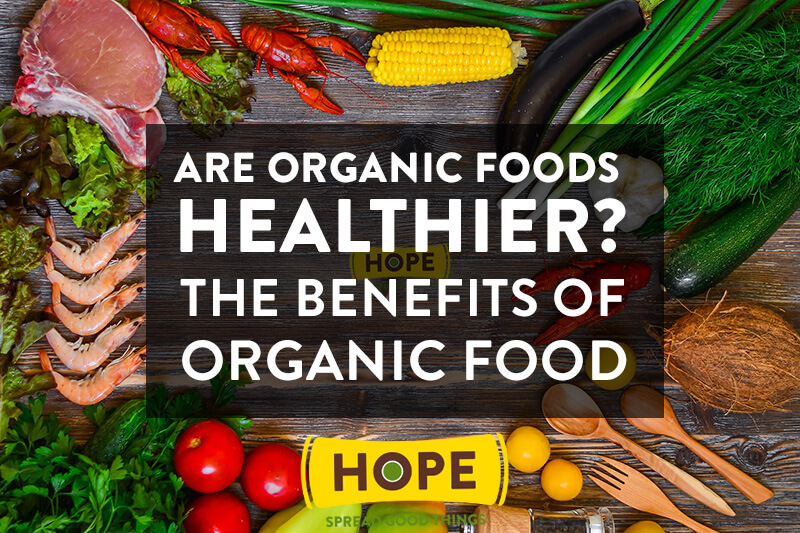 |
The Importance of Soil Conservation in Meeting the Sustainable Development GoalsSoil conservation is important for maintaining the soil's health and resilience. The microbial and faunal communities in the soil are impacted by.. |
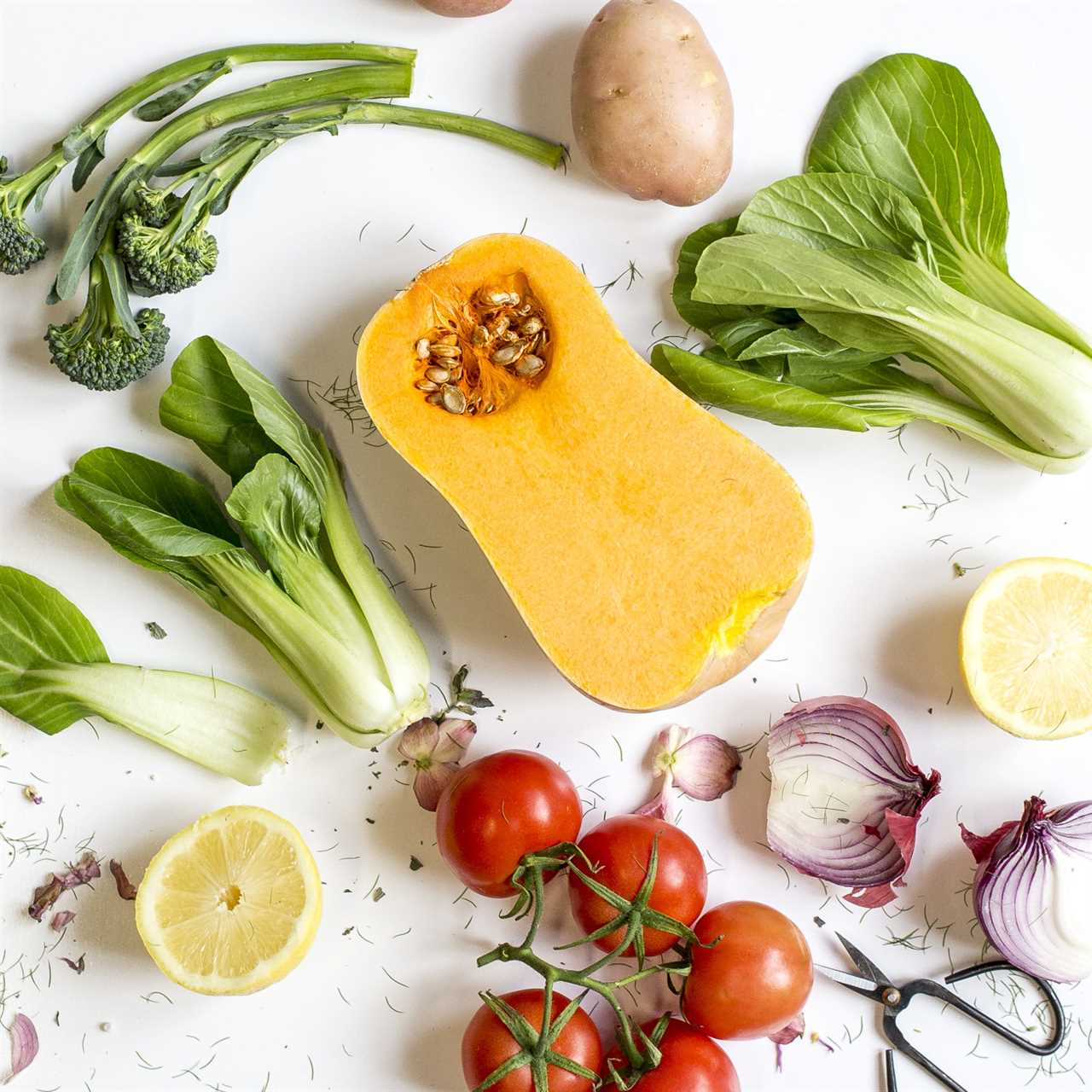 |
Benefits of Organic FarmingOrganic farming is one of the best ways to help protect the environment. It can also provide a number of benefits for your farm, including increased.. |
 |
Is `organic` food actually healthier for you?Dr. Marc talks about organic food. |
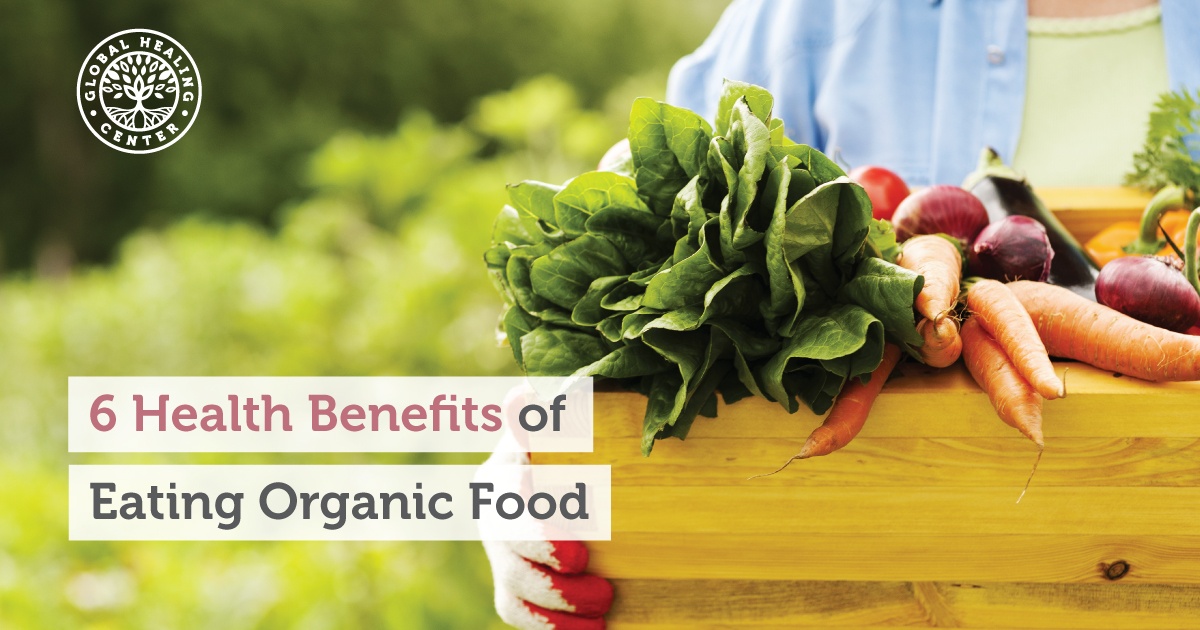 |
Organic Farming MagazineOrganic farming magazine is a resource that provides you with the latest information on organic agriculture, health, and sustainability. It also.. |
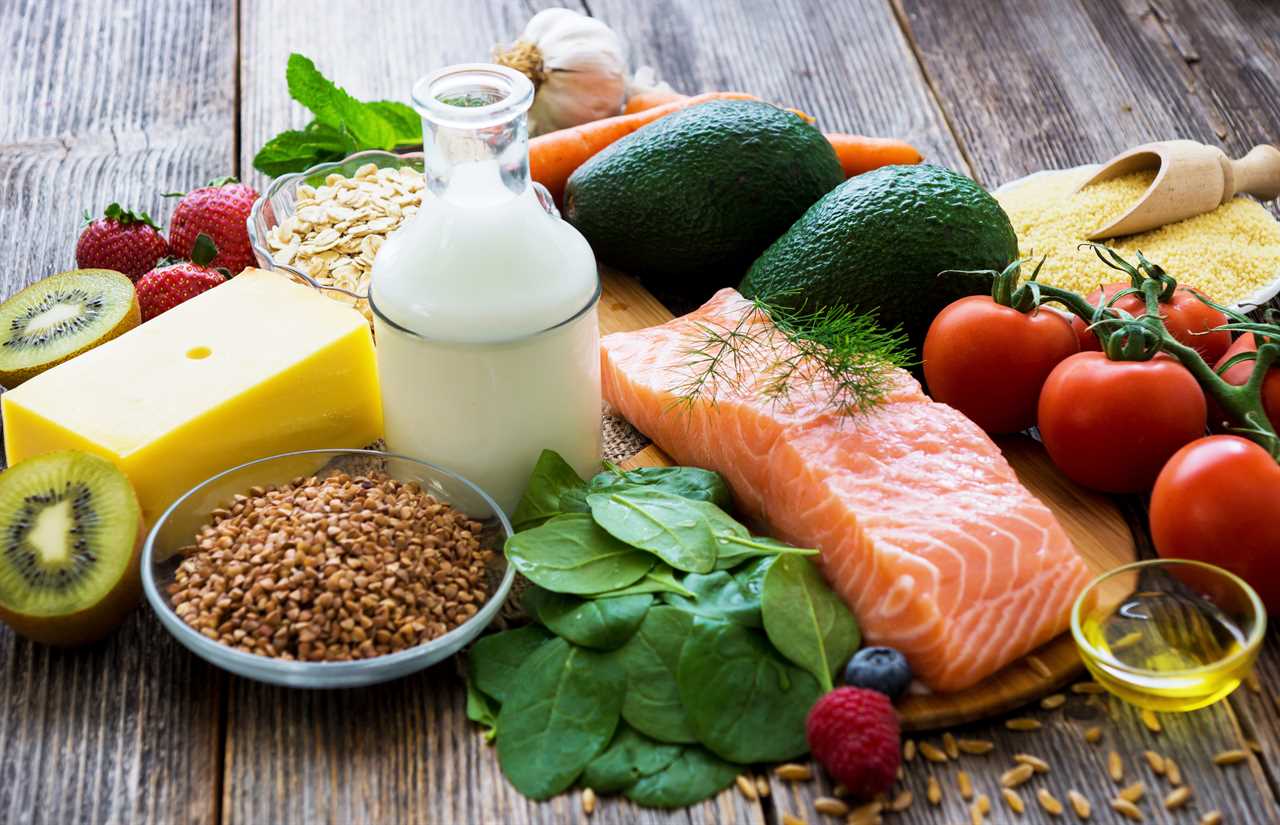 |
Is Organic Food Really Worth It?The organic food industry is a booming business. U.S. organic sales surged in 2020, jumping by 12.4% to $61.9 billion. With consumers being more health |
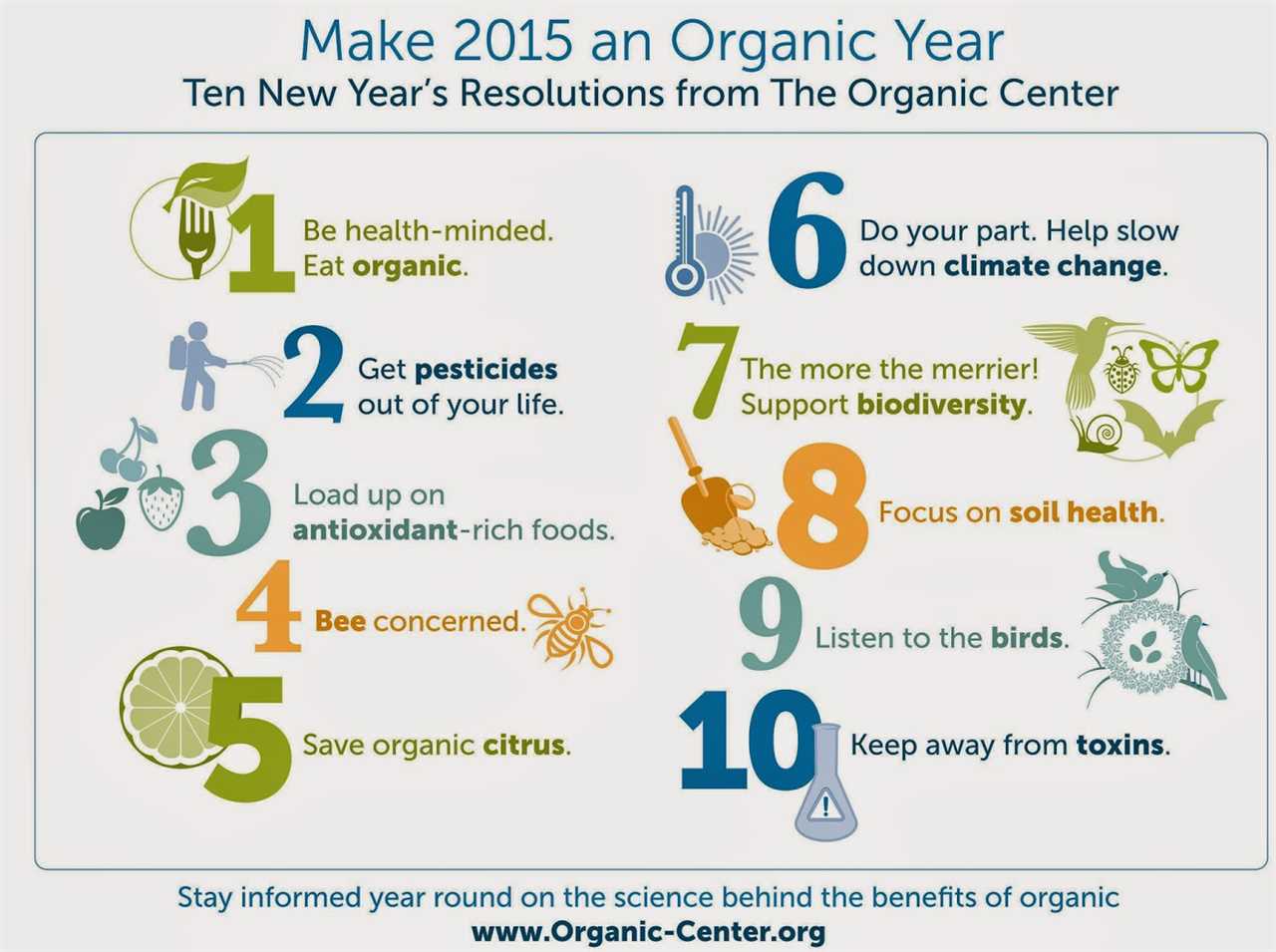 |
The Difference Between Organic Milk and Regular MilkOrganic milk is a type of milk that comes from livestock that is raised according to organic farming methods. This is a term that is regulated by.. |
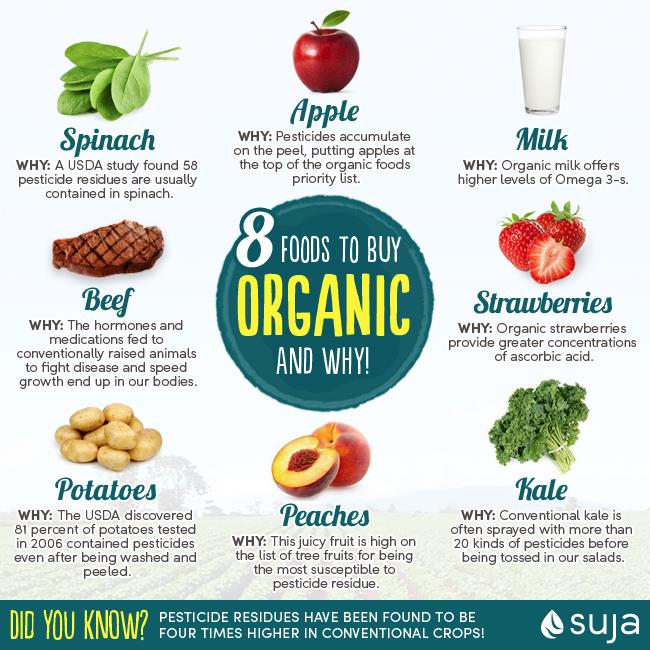 |
The Benefits of CompostingComposting your waste can be a very effective way of ensuring that your organic material is being broken down to the best of its ability. When.. |
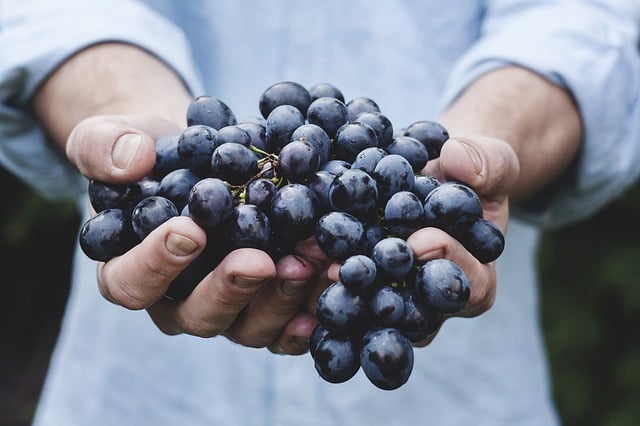 |
Is Organic Farming Beneficial to Biodiversity?Organic farming is a growing interest in the scientific community, and researchers have been investigating whether the practice is beneficial to.. |
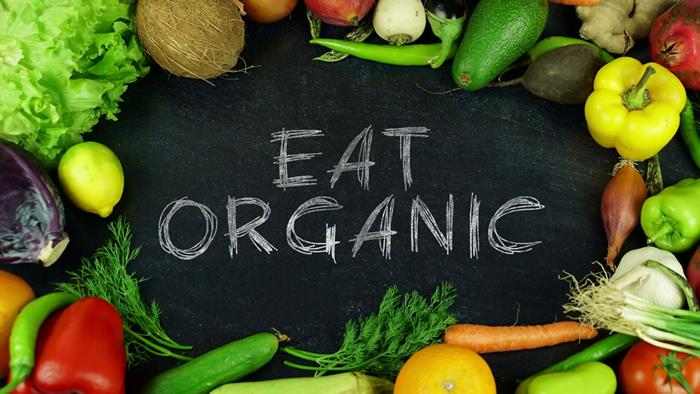 |
Organic eatingOrganic Cultur |
 |
What is Organic Cotton?Organic cotton is the type of cotton that is grown without using pesticides or chemicals. It is also the type of cotton that is grown in subtropical.. |
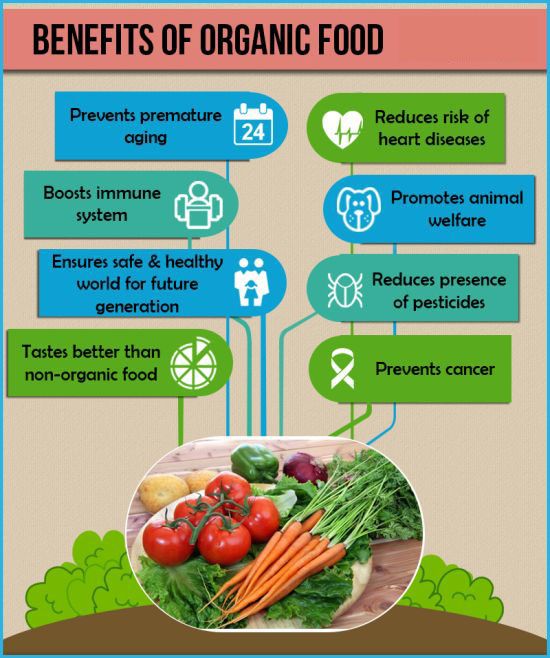 |
Benefits of Cover CropsIf you aren't familiar with cover crops, you may be surprised to learn that they are plants that are planted to grow on top of the soil to help.. |
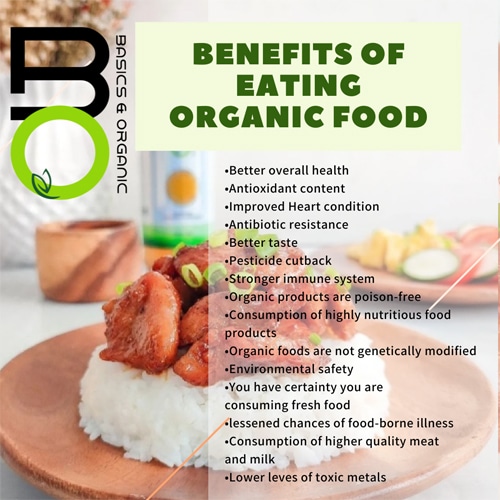 |
Learn How to Become an Organic Farmer Through a Training ProgramIf you are looking to become an organic farmer, there are several ways you can do so. One option is to take a training program that will teach you.. |
 |
Exotic VegetablesWhen it comes to vegetables, there are plenty of choices to choose from. Some of the most popular choices include broccoli, corn, carrots, and.. |
 |
The Benefits and Pitfalls of Organic Farming OrganizationsOrganic farming is an approach to farming that is not only ecologically sound, but also financially feasible. It is a method that is free from.. |
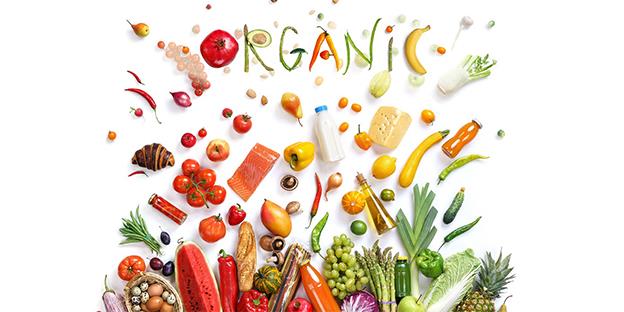 |
Soil Composition and BiodiversityThe soil that we have around us is a vital part of our lives. It is the home for many plants and animals. It also has a texture, a color, and many.. |
 |
Organic Farming PrinciplesOrganic farming is a practice that is designed to be sustainable and healthy. Its principles include avoiding harms produced by industrial farming.. |
 |
When Did Organic Food Start?The answer to the question when did organic food start? will vary depending on the time period in which you are looking at. For instance, it may be a |
 |
Can Organic Be GMO?The question Can organic be GMO is an ongoing debate among many consumers. While it's possible to eat foods that have been produced using genetic.. |
 |
Chhattisgarh's Organic Farming SchoolsThe government of Chhattisgarh has started to introduce organic farming schools. This initiative is intended to provide the young generation with the |
 |
What is a Conventional Farm?Conventional farm is the term used to describe a farm that is not organic. It is a form of agriculture that is associated with better soil quality,.. |
 |
The Rodale InstituteThe Rodale Institute is a nonprofit organization that aims to support research into organic farming. It was founded in 1947 by J. I. Rodale, an.. |
 |
The Latest Research on Organic | The Organic CenterResearched articles about eating Organic food |
 |
Korean GardeningKorean gardening is one of the oldest ways to grow plants. It involves planting herbs, fruits, and vegetables that are used in kimchi, a type of.. |
.png)





